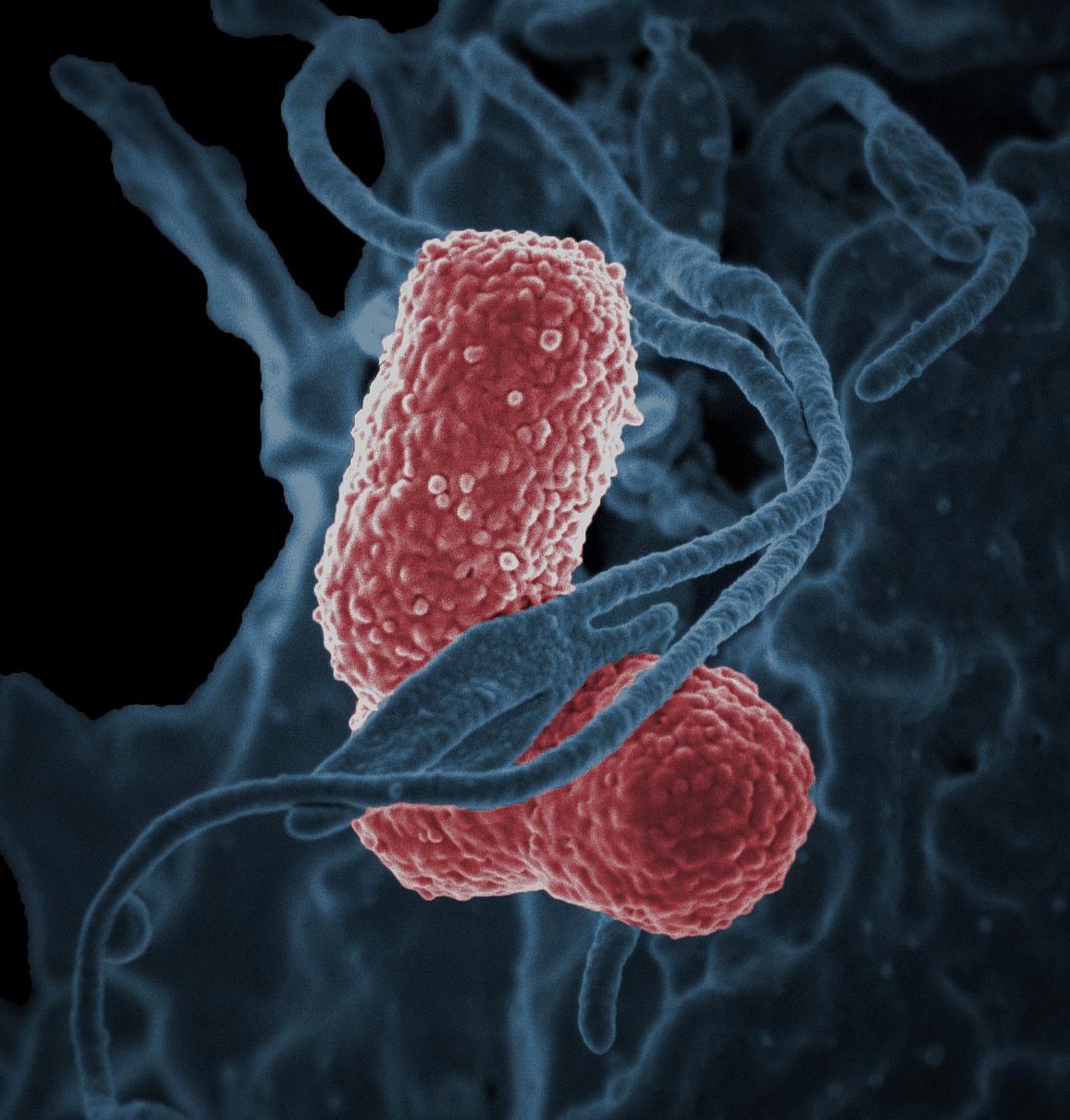New Methods to treat multidrug-resistant Klebsiella pneumoniae infections

Klebsiella bacteria cause about 10 percent of all hospital-acquired infections in the United States. A carbapenem-resistant K. pneumoniae strain known as multilocus sequence type 258 (ST258) is one of the antibiotic-resistant organisms labeled an urgent threat by the Centers for Disease Control and Prevention. ST258 is particularly concerning because it is resistant to most antibiotics. It is a significant cause of mortality among people with bloodstream infections.
Scientists at the National Institute of Allergy and Infectious Diseases’ (NIAID) Rocky Mountain Laboratories and the New Jersey Medical School-Rutgers University are developing a promising alternative to antibiotic treatment. The approach uses antibodies to target the K. pneumoniae protective capsule polysaccharide, allowing immune system cells called neutrophils to attack and kill the bacteria. The researchers will soon test the therapeutic concept in mice. They also will compare immunization with purified capsule polysaccharide as a preventive approach (active immunization) versus using capsule-specific antibodies as a therapy (passive immunization). Ultimately, they hope either antibody treatment alone or in combination with antibiotics could greatly improve care for people with multidrug-resistant K. pneumoniae infections.
For further details on this new approach, please read the publication here.
In addition, NIH OTT has a technology to detect numerous bacteria, including Klebsiella. Click here to view the opportunity - https://www.techtransfer.nih.gov/tech/tab-2645
